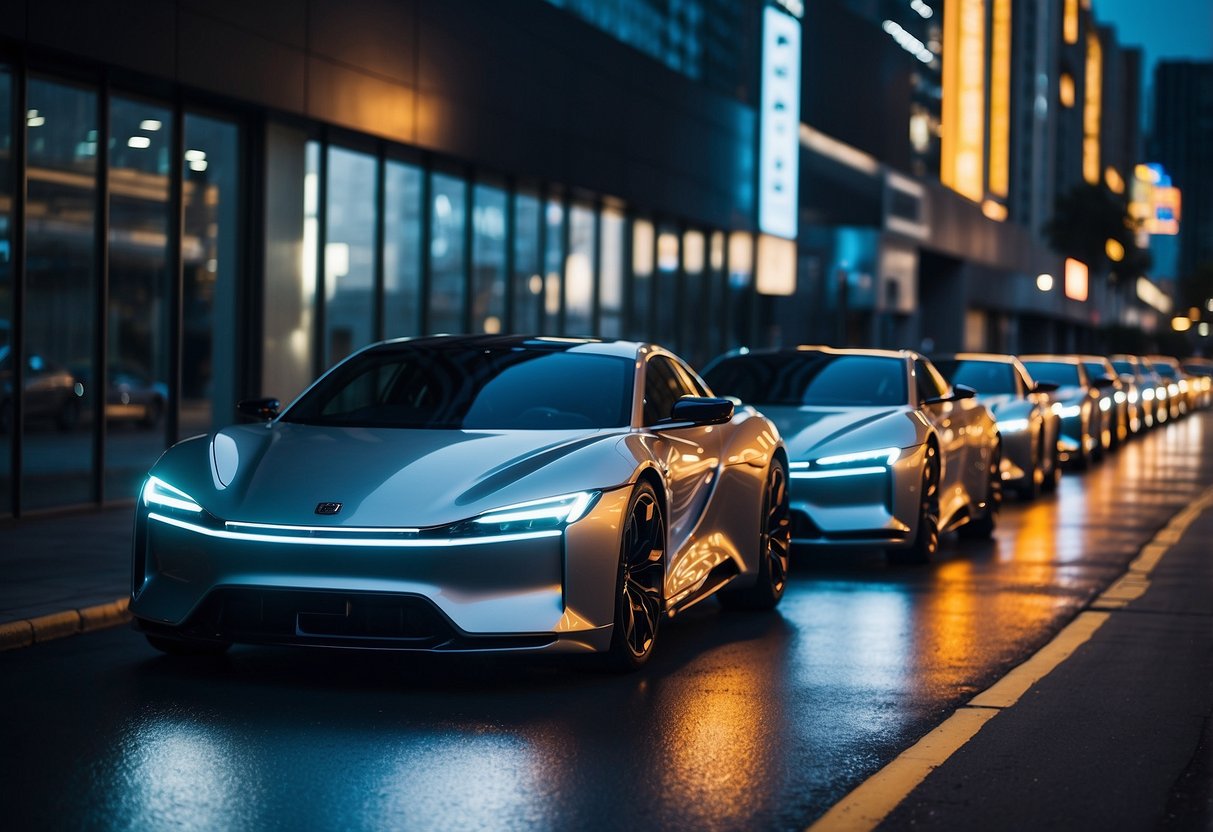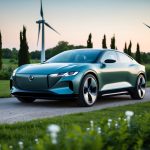
Driving Habits and Fuel Efficiency
Driving habits play a crucial role in fuel efficiency. By adopting smoother driving techniques, significant improvements in fuel consumption can be achieved. For instance, avoiding rapid acceleration and hard braking can lead to better mileage.
Maintaining a steady speed is also important. Using cruise control on highways aids in keeping the speed consistent, thereby reducing unnecessary fuel usage. Additionally, driving at moderate speeds rather than high speeds helps in conserving fuel.
Another factor is keeping the vehicle well maintained. Regular servicing ensures that the engine runs efficiently, and checking tire pressure frequently can prevent increased rolling resistance, which affects fuel efficiency.
Reducing idle time can also have a positive impact. Turning off the engine during long waits instead of idling saves fuel. Furthermore, lightening the load in the car can contribute to less fuel consumption as the vehicle does not have to work as hard.
Proper use of air conditioning and other electrical systems in the car can make a difference too. Using these systems only when necessary and at optimal levels can help in saving fuel. Planning routes in advance to avoid heavy traffic or construction zones can also prevent unnecessary fuel wastage.
In sum, adopting mindful driving habits and regular vehicle maintenance can substantially enhance fuel efficiency, leading to cost savings and a smaller environmental footprint.
The Future of Fuel Efficiency and Automotive Trends
Looking ahead, advancements in automotive technology promise even greater fuel efficiency. Hybrid and electric vehicles are leading the charge, offering a blend of traditional and contemporary solutions. Electric vehicles (EVs) are becoming more prominent on the roads, benefiting from improvements in battery technology.
Manufacturers are also exploring alternative fuels. Hydrogen fuel cells and biofuels are being researched as potential pathways to reduce reliance on fossil fuels. These innovations are not just about fuel efficiency but also about reducing greenhouse gas emissions.
Regulations and policies are driving changes in the industry as well. Governments worldwide are setting stricter fuel economy standards, pushing automakers to innovate. These regulations promote the development of more efficient engines and the incorporation of advanced materials to reduce vehicle weight.
The use of artificial intelligence (AI) in automotive design and manufacturing is another emerging trend. AI can optimize driving patterns to improve fuel efficiency. Additionally, autonomous driving technology could lead to more efficient use of fuel by reducing human error and optimizing routes.
Vehicle connectivity and the Internet of Things (IoT) are transforming how cars interact with their environments. These technologies enable cars to communicate with traffic systems for real-time adjustments, enhancing efficiency.
Consumers are increasingly prioritizing fuel efficiency in their purchasing decisions. This shift in consumer behavior drives manufacturers to focus on developing technologies that meet these expectations.
As innovation continues, the future of fuel efficiency looks promising with a blend of electric, hybrid, and alternative fuel technologies. The automotive industry is poised for significant advancements, driven by regulatory pressures, technological breakthroughs, and changing consumer preferences.



